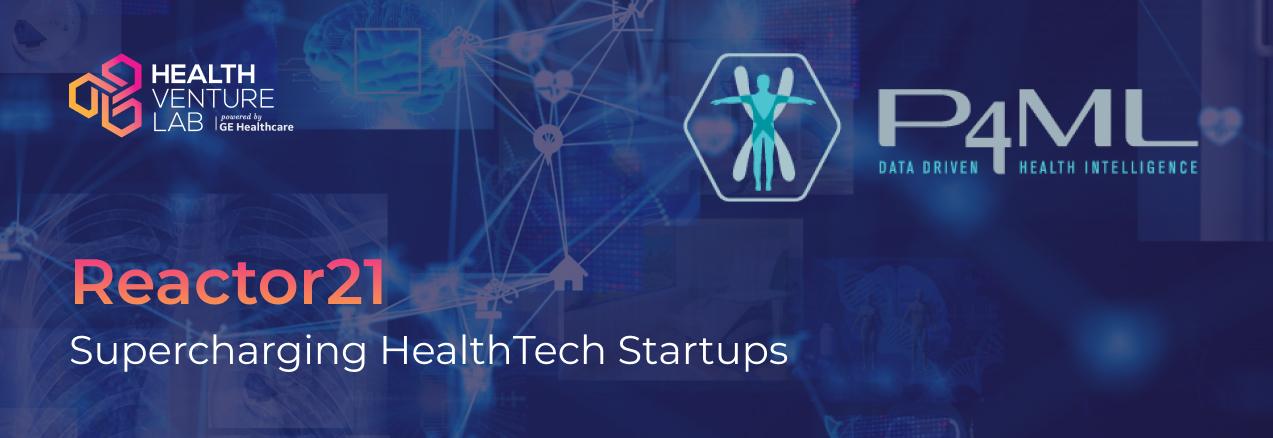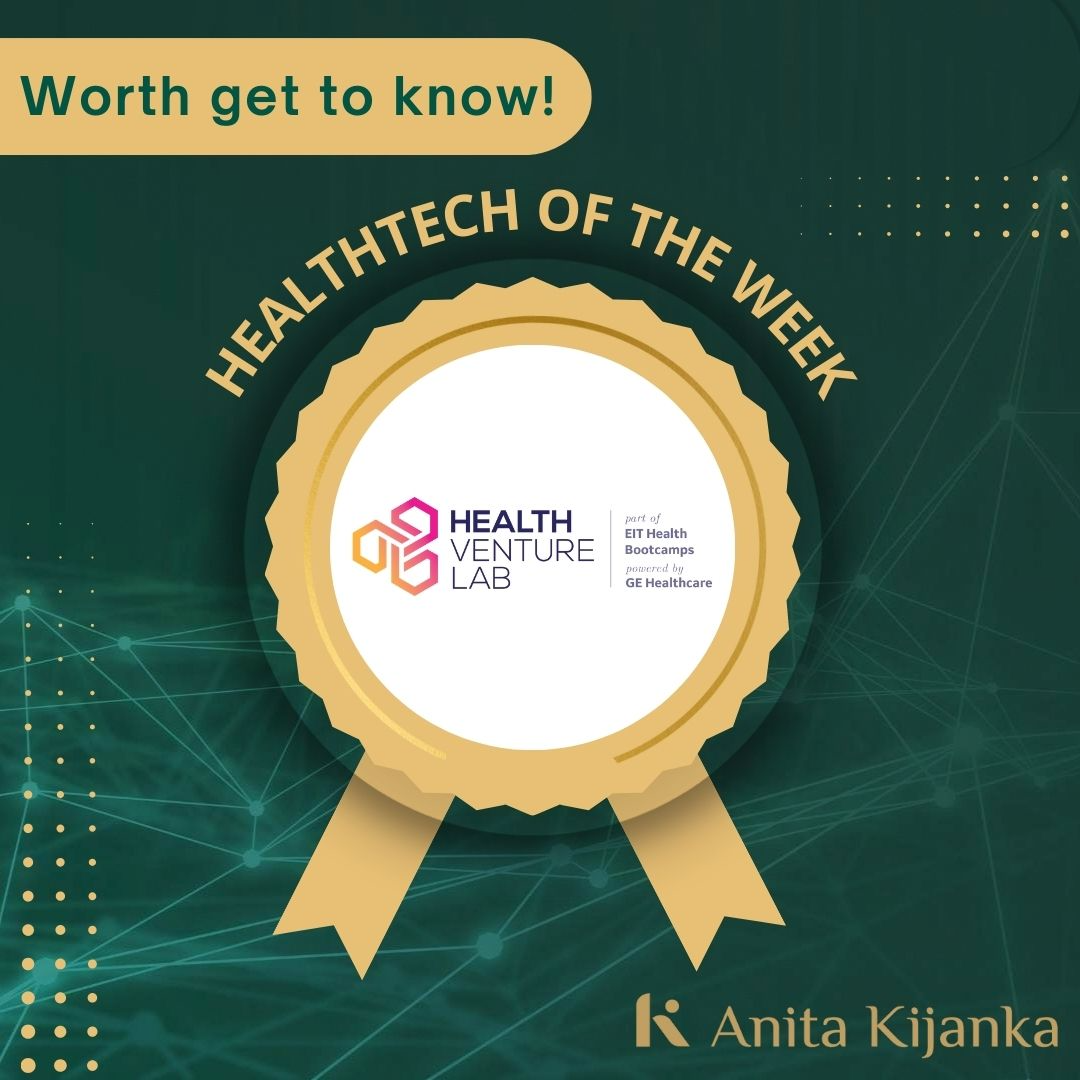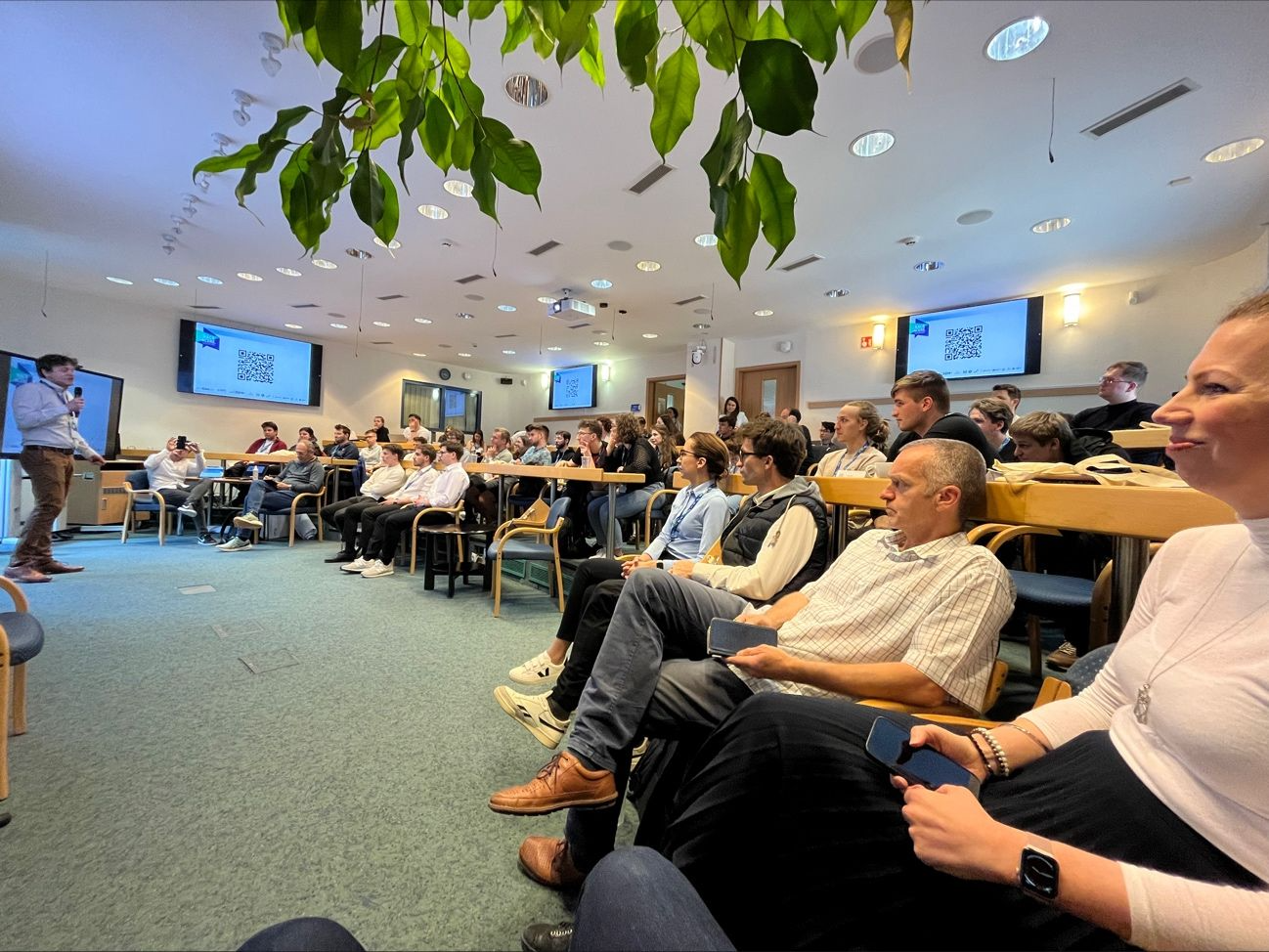
Meeting HealthTech trailblazers of Reactor'21: P4ML
. 4 minutes to readWe recently spoke with P.J. Moloney, Co-Founder at P4ML and the graduate of HVL's Reactor'21 accelerator, about several successful Healthcare startups he previously launched before P4ML to highlight some of the impediments encountered along the way and how to bypass them. Patrick also shared the aftermath of COVID-19 restrictions and how they affected their business, tips on setting the right KPIs, and their experience interacting with GE Healthcare experts during the Reactor'21 programme.
◼ Can you tell us about the journey that led you to establish P4ML?
When I transitioned from being a chemist at Teva Pharmaceuticals after 4 amazing years at this pharmaceutical company, I then transitioned into Agilent Technologies, one of the biggest life sciences equipment providers, I became the first manager in Ireland to support drug development for big pharmaceutical clients such as Eli Lilly, Pfizer Novartis. Then, nine years ago, I set up my first company called EireChrom because there was a real need to identify legal highs and do clinical toxicology in Ireland. I represented AB Sciex, the number one mass spectrometry company, and Tecan the number one automation company. EireChrom was built around separation science which won the Outstanding Small Business of the Year with the Irish Small Firms Association. Some of our clients were from Bristol Myers Squibb, Eli Lilly, Pfizer. And this is where my career brought me.
I want to make a genuine difference in healthcare, and precision medicine is very complex and appealing. Nobody's looking at a systems biology approach data sets for metabolomics, proteomics, and genetics done in hospitals, universities, or contract research organisations. We're one of the driving forces to bring this all within the hospital setting, adhering to explicit patient consent, close contact with the clinician and implementing genetic counselling.
◼ How do you think outsourcing to Dubai helped your business?
Coming to the Middle East has been great because, although COVID has hampered many companies in Europe, it's business as usual here in the Middle East. It's open for meetings and for visits to hospitals and clinicians, which has helped. The regulation standards are poor compared to Europe, and it was a strategic decision to come out to the Middle East because we could fast track or pilot studies with private and public hospitals. We're seeing Europe move away from the traditional public system to a more private healthcare reimbursement system, so it's definitely helping us.
◼ Do you plan to expand in Europe?
Yes, so the plan is to continue to expand in Ireland, where we have an abundance of many exceptional PhD candidates and much intellectual property. We're looking to scale up, and we've been speaking to BPI France about using Grenoble to do so. We're also looking at the Nordic countries such as Finland because it has a robust healthcare system. Phase two is to come to the USA or the Nordics to scale up because Europe is the strongest versus the Globe.
◼ Can you tell us any challenges that you came across in your wide entrepreneurial path and how did you tackle them?
We've had lots of obstacles, so all in all, I would advise: 1) only seek investment if you have explosive growth, which we have; 2) design your deck to resonate with the audience and getting the right investors onto your board is very important; 3) have a powerful team that you know and trust; 4) be careful when signing purchase orders as you always need to have money at your bank.
Between ethics approval on pilot studies - it takes some time. For us, we're looking to raise 5 to 8 million as a seed round, which is very high as traditionally in Europe or Ireland they will only do 1 or 2 million dollars. It's not enough for healthcare companies, you need to raise big in your first round. That is why we're raising big; we don't want to go back to the investor chart after six months. We're hoping our investment round to last at least 18 months before we look at Series A.
◼ How do you measure your success? What are your daily KPIs?
Our KPIs are to ensure that we stick to our company mantra, company vision, with excellent corporate governance in place. We follow good values and morals in business. The KPIs for me personally are to understand patients' pain points and doctors and work on them to address rare disease management because not every company has a solution that you can take out of a box into play in each region. We listen to clinicians and try to offer our honest advice and support while building up a company that could be a potential unicorn.
◼ What has been your experience interacting with GE experts?
Personally, support from GE experts is imperative to our company’s growth. We do need to scale into major hospitals and GE Healthcare would have an exceptional presence in such ecosystems. The ability for P4ML to scale and grow, potentially be acquired by a global company as GE Healthcare has always been part of the company’s strategy. We feel the GE experts understood our vision during the HVL's Reactor programme and we are excited to engage with GE Healthcare.


